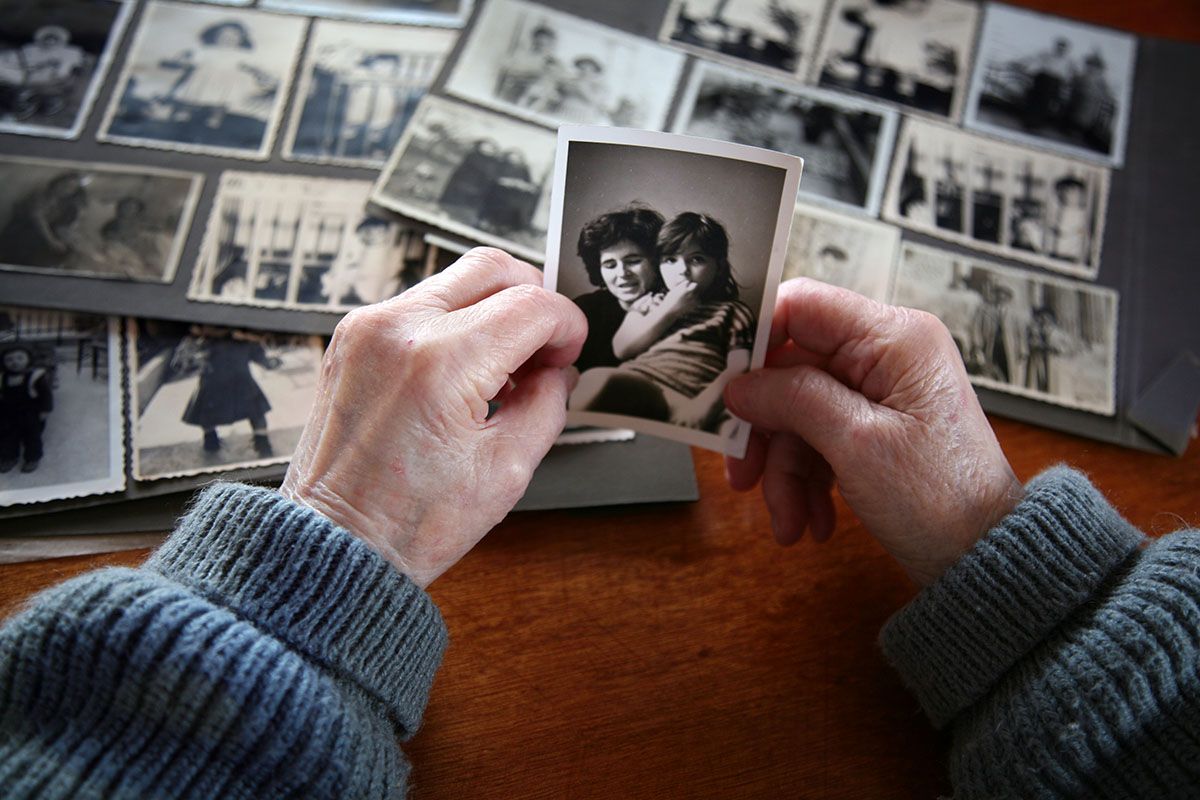Gene Hackman’s Final Lesson: A Wake-Up Call for Caregivers and Families
A few months ago, beloved actor Gene Hackman and his wife, Betsy Arakawa, were found deceased in their New Mexico home. Investigators believe Arakawa passed away first—possibly up to a week before Hackman. Shortly before her death, she had reached out to a local clinic. Later, Hackman’s pacemaker data helped confirm the timeline of his own passing.
The medical examiner determined that Arakawa died from hantavirus pulmonary syndrome, a rare and dangerous respiratory illness transmitted by rodents. Hackman died from advanced heart disease, with Alzheimer’s disease contributing to his decline. Experts suggest that his cognitive impairment likely prevented him from recognizing Arakawa’s death—or, if he did realize it, he may have experienced confusion, heartbreak, and helplessness before ultimately passing away himself.
We may consider Gene Hackman’s last role to be his final lesson, a wake-up call for caregivers and families.
It’s a profoundly tragic story—one that reflects a reality many families quietly face. As our loved ones age, especially when one becomes the caregiver, a sudden health crisis can leave the other stranded in a dangerous situation.
What Can We Learn?
This heartbreaking story offers more than grief—it offers perspective. It’s a reminder to be proactive, observant, and involved in the lives of aging loved ones. Here’s ways we can help.
1. Know the Conditions Affecting Your Loved Ones
In Hackman’s case, the central health challenges were heart disease and Alzheimer’s. Recognizing the signs of heart trouble—chest pain, fatigue, breathlessness—and understanding how dementia can mask or confuse those symptoms is critical.
2. Caregivers Need Care Too
When the caregiver goes down, the one who relies on them is suddenly exposed. Arakawa’s sudden illness likely left Hackman alone, disoriented, and unable to seek help. Caregivers often suffer in silence, pushing past their limits. Regular check-ins and support for them are just as essential.
3. A Simple Visit Can Save a Life
A timely visit from a friend or relative might have changed the outcome. Subtle signs—rodent activity, spoiled food, confusion, hygiene issues—could have triggered help before it was too late. Don’t underestimate the power of simply showing up.
What to Watch For: A Family Checklist
If you have aging parents, relatives, or friends, here are some key areas to keep an eye on:
Physical Health
• Sudden weight loss or gain
• Bruises, burns, or signs of falls
• Unkempt appearance or body odor
• Difficulty walking or standing
Cognitive & Emotional Well-being
• Memory loss or repeating questions
• Depression, anxiety, or social withdrawal
• Unsafe behavior such as leaving appliances on
• Unusual mail or phone activity
Home Conditions
• Spoiled food, pest presence, or clutter
• Safety hazards (dim lighting, loose rugs)
• Appliances or plumbing not working
Nutrition & Kitchen Safety
• Expired food or low food supply
• Dirty or neglected kitchen tools
• Avoiding cooking altogether
Medication Compliance
• Confused about medications or missed doses
• Expired or improperly labeled prescriptions
Social Interaction
• Isolation or reluctance to leave the house
• Loss of interest in hobbies or community involvement
Financial Awareness
• Unpaid bills or unopened mail
• Signs of financial exploitation or scams
Tech & Communication
• Can they use a phone in an emergency?
• Are they responsive to calls or messages?
What To Do If You Notice a Problem
If you see red flags, don’t panic—but don’t ignore them either. Start with an honest, caring conversation. Explain that your concern comes from love, not judgment. Then, consider next steps:
• Schedule a check-up with their doctor
• Bring in help, even part-time support
• Assess whether the home needs modifications
• Explore new living arrangements if necessary
Whether it’s weekly dinners, video chats, or simple texts—stay involved–consistent contact keeps you in tune with your loved ones’ needs and builds a safety net they may not even know they need.
Final Thought
If Gene Hackman’s last role is to serve as a final lesson, it’s a wake-up call for caregivers and families.
Gene Hackman’s final days are a sobering reminder: Don’t wait until something goes wrong. Aging can be beautiful—but it also comes with risk, especially in solitude. Let this story motivate you to reconnect, check in, and truly see how your loved ones are doing.
Additional Resources:
Learn more about Congestive Heart Failure:
https://www.ascendhealth.com/caring-for-a-loved-one-with-chf-this-summer
https://www.ascendhealth.com/caring-for-a-loved-one-with-chf
Learn more about dementia and Alzheimer’s disease:
https://www.ascendhealth.com/alzheimers-caregiving-7-signs-its-time-for-extra-support
https://www.ascendhealth.com/coping-with-alzheimers-anxiety-and-depression
Need a health or safety assessment for a loved one? Contact Us or call today.



